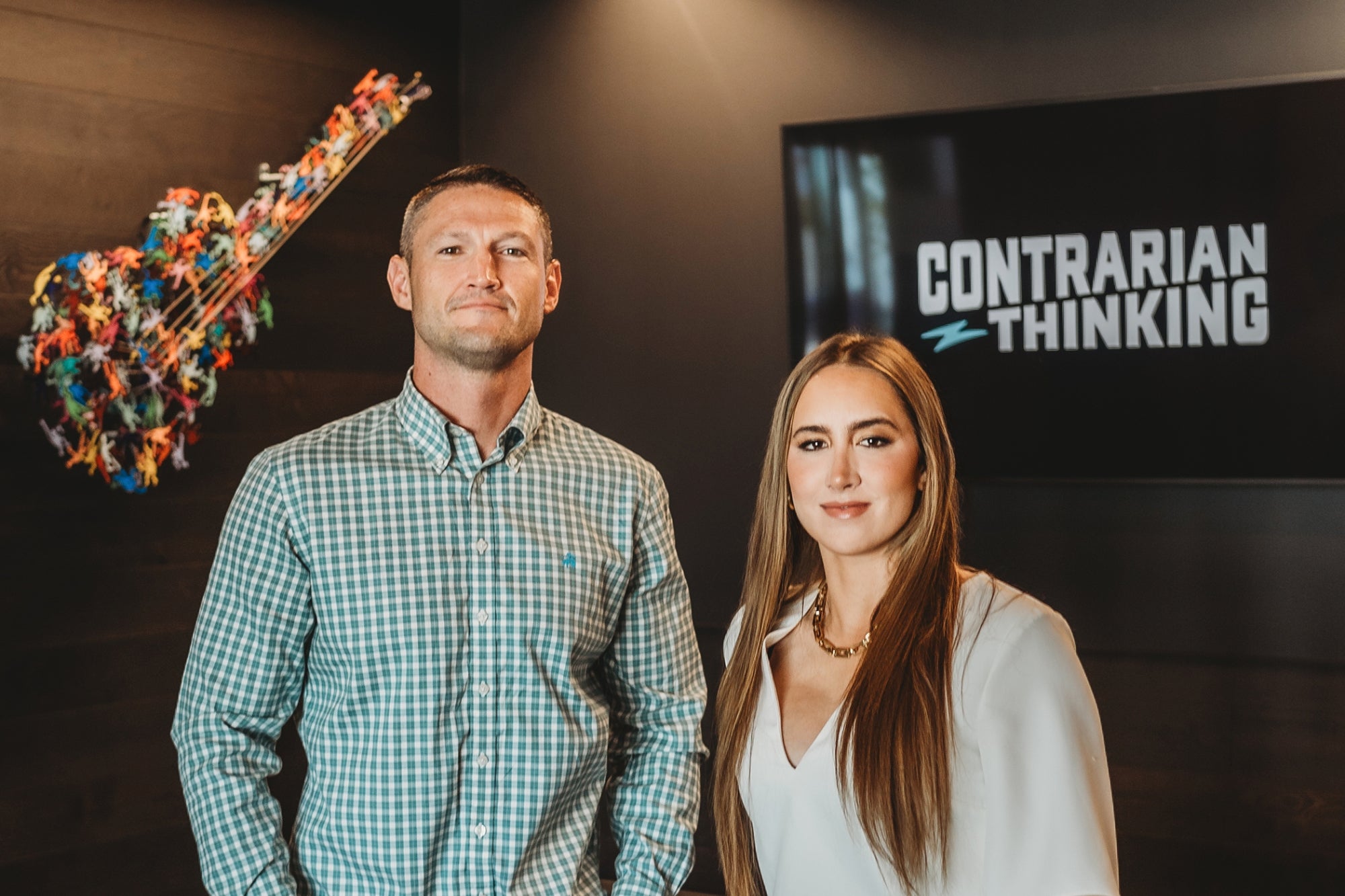Overdraft Protection Will Cost You, But How Much? A new report from the Consumer Financial Protection Bureau raises questions about overdraft practices at some financial institutions.
This story originally appeared on CNBC
Overdraft protection programs are complex and confusing and can make it difficult for checking account customers to know when they are going to get dinged with a fee, according to a new report from the Consumer Financial Protection Bureau (CFPB).
The agency's study released on Tuesday raises serious questions about overdraft practices at some of the nation's larger financial institutions (more than $10 billion in deposits) and challenges the industry's long-held assertions that customers understand how the overdraft process works.
"What is marketed as overdraft protection can, in some instances, put consumers at greater risk," said CFPB director Richard Cordray. "Consumers need to be able to anticipate and avoid unnecessary fees on their checking accounts, but we are concerned that some overdraft practices may increase consumer costs beyond reasonable expectations."
Overdraft fees have become a significant revenue source for banks and credit unions -- approximately 60 percent of all fee revenue, the CFPB estimates. A small percentage of checking account customers -- about one in five -- are footing most of the bill.
According to the study, the average annual overdraft charge was $225, but the fees customers paid varied greatly from bank to bank. While the average customer at one institution paid $147 a year, those at another were charged more than twice as much ($298).
New rule doesn't seem to be working as intended
The way overdrafts are handled for ATM withdrawals and point-of-sale debit card transactions changed in 2010. That's when a new federal regulation required customers to affirmatively agree in writing ("opt-in") to the service before any fees can be charged.
Opt in and the bank will cover the overdraft and charge you (on average, about $30) for that service. If you don't opt-in, those transactions will be denied -- but there won't be any fee.
The CFPB found that since the rule took effect, those who opt in for overdraft coverage may wind up paying significantly higher fees.
The report looked at customers who frequently overdrew their account and who did not sign up for overdraft protection when it was first offered in 2010. By not opting-in (overdraft payment denied, but no fee) these heavy overdrafters reduced their average overdraft and non-sufficient funds (NSF) fees by more than $450 during the second half of that year.
It's hard to avoid a fee if you don't know what triggers it. Cordray said the CFPB found that overdraft policies, procedures and practices are "highly complex and can be difficult for consumers to understand." This confusion is caused by:
- Complicated fee structures: Some financial institutions limit overdraft charges and NSF fees to two a day; some will charge for as many as 12; others have no cap at all. Some charge a fee for all overdraws -- even if the overdraft is only a penny; others do not charge if the amount is less than $5.
- Complex posting of deposits and withdrawals: It's not always clear to the customer when a check, debit card transaction or deposit will be posted. Some institutions process transactions in the order they're received; others process larger transactions or certain types of transactions first. If large transactions are processed first, a single overdraft can turn into multiple overdrafts with multiple fees.
Are new federal rules needed?
Consumer groups think so; banks and credit unions oppose more regulation.
The American Bankers Association was unavailable to comment on the CFPB report, but in an interview about overdraft fees a few weeks ago, Nessa Feddis, a vice president and senior counsel at the ABA told NBC News overdraft fees are easily avoided.
Feddis said financial institutions are already required to give customers a "one-page, easy-to-read, consumer-tested notice" that they must sign to enroll for overdraft protection. This notice, she said, "not only explains the overdraft product, but also explains there are cheaper alternatives."
Even so, Susan Weinstock, director of the Safe Checking in the Electronic Age Project at the Pew Charitable Trusts, said their surveys show people don't always understand what they're signing up for.
"There's just a ton of confusion out there about what it means to opt-in and how that impacts your overdraft and your fees," Weinstock said.
Pew believes it's time to replace the current disclosure form developed by the Federal Reserve more than three years ago.
Both Pew and Consumers Union (CU), the advocacy arm of Consumer Reports, want the CFPB to issue rules that would prohibit banks from reordering transactions to increase fees.
"This is patently unfair to customers," said Pamela Banks, a senior policy counsel for Consumers Union.
"Checks should be cleared in a neutral way that is clearly understood and disclosed, and in a way that is not designed to generate fees for the bank," she said.
The CFPB did not announce any plans to propose new rules about overdraft coverage. The report indicates progress has been made in some areas to protect checking account customers.
But CFPB director Cordray noted that the report "raises concerns" about certain practices and procedures which merit further analysis.
"We need to determine whether they are causing the kind of consumer harm that the federal consumer protection laws are designed to prevent," he said.









